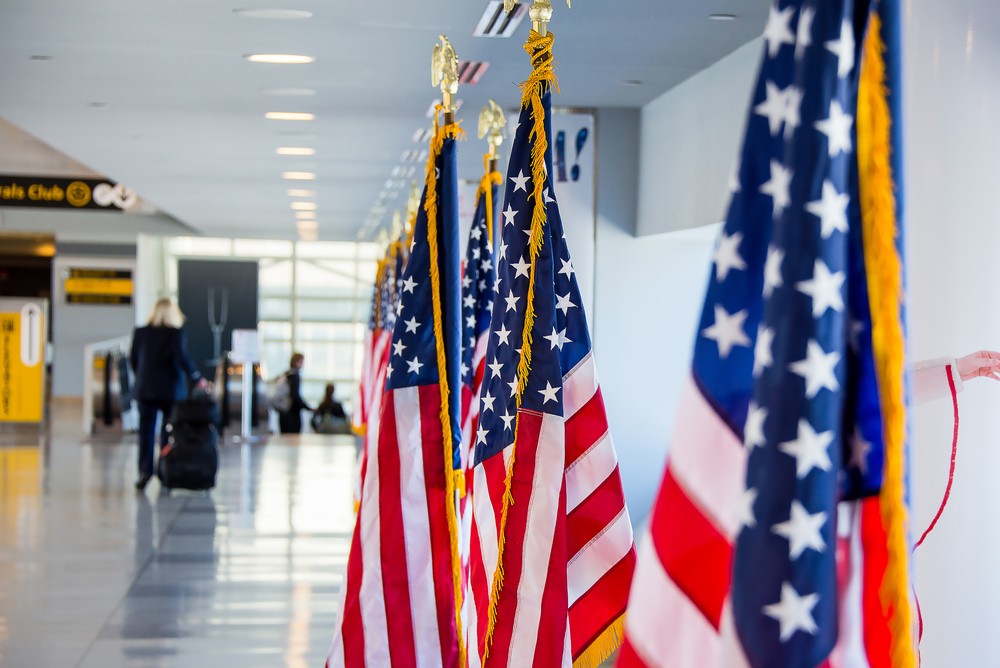Key takeaways
– A Washington analyst identified nearly thirty parallels between a modern leader and King George
– Both leaders ignored or vetoed laws passed by their legislatures
– They pressured judges and manipulated old laws to claim extra powers
– They threatened states with cuts in funding and used troops at home without approval
A surprising list of familiar moves
A Washington analyst laid out almost thirty similarities between a former president and King George. He showed how both men tried to bend laws and force lawmakers to obey their will. Moreover he argued these patterns echo the old complaints of colonial Americans. As a result, this comparison offers a fresh way to see recent events in historical light.
Ignoring laws and using executive orders
First, the analyst pointed out that King George rejected colonial laws and blocked elected assemblies. Similarly the former president ignored or vetoed bills passed by Congress. For example he issued an order to end birthright citizenship even though the Constitution protects it. In addition he misused two acts from the late eighteenth century. He claimed powers under the International Emergency Economic Powers Act and the Alien Enemies Act that no president really holds. Therefore critics say he tried to rewrite the rules to suit his agenda.
Pressuring judges to serve his will
Next, the analyst compared King George’s control over colonial courts to recent federal judicial picks. Colonists said the king made judges answer to him alone. Today critics say the former president packed the courts with his loyalists. For instance his personal attorney told prosecutors to ignore judges who ruled against his immigration policies. This move inflamed legal experts who saw it as a direct attack on judicial independence.
Threatening states over policy disputes
Furthermore, King George withheld relief from colonies that resisted his demands. The analyst noted the former president also threatened to cut off federal aid. He warned California it would lose disaster relief unless it changed its water laws. He even hinted at cutting New York City funds if its next mayor passed policies he disliked. As a result many saw this as a crude way to force states to fall in line.
Relocating agencies to tire out officials
Another old grievance accused the king of calling assemblies in distant places to wear down colonial leaders. Likewise the analyst pointed to efforts to move federal offices to remote sites. He said such moves aimed to make life hard for agency workers. For example the plan to shift major offices far from their usual locations would add long commutes and higher housing costs.
Blocking immigration and revoking citizenship
King George faced charges of blocking immigration laws and refusing to encourage settlers. Today the former president unveiled plans to denaturalize citizens and halt migration. He proposed stripping legal status from hundreds of thousands of people already living in the country. Thus critics see this as a modern echo of colonial restrictions on newcomers.
Deploying troops at home without consent
Colonists accused King George of keeping standing armies in peacetime without local consent. In our era the former president ordered Marines and National Guard troops into a major city when there was no war or riot. He acted despite objections from the state legislature and its governor. Consequently many people viewed this move as another sign of overreach.
Not yet suspending the legislature
Interestingly the analyst admitted the former president has not yet suspended Congress or taken over lawmaking entirely. King George once tried to rule without any colonial assemblies at all. However the analyst warned that modern checks and balances might not hold forever. Therefore he urged the public to stay alert.
Public reaction and debate
As soon as the list went public social media users weighed in. One commentator praised the comparison for adding useful historical context. By contrast certain political supporters attacked the analysis or changed the subject. Meanwhile one self described insurrectionist demanded more coverage from “honest” outlets. In this way the debate reflects deeper divides in how people see power and its limits.
Why history matters today
History offers vital lessons about unchecked authority. For centuries, writers have warned that power tends to expand unless constrained. In the eighteenth century colonists risked everything to curb a distant monarch. Today scholars fear similar risks if leaders ignore laws and trample rights. Moreover parallels like these can spark fresh conversations about democracy and rule of law.
Moving forward with awareness
First, citizens need to watch for signs of overreach. Second, lawmakers must defend legal limits on executive power. Third, judges should guard their independence. Finally, states and cities should insist on fair treatment and respect for their rights. By taking these steps, the public can honor the lessons of history and protect its own future.
Conclusion
In the end, comparing a modern leader to King George reminds us how fragile liberty can be. When presidents or monarchs ignore laws, pressure courts, or threaten states with punishment, freedom suffers. Therefore staying informed and involved remains vital. After all, the story of colonial America teaches that ordinary people can push back against abuses and preserve their rights.
